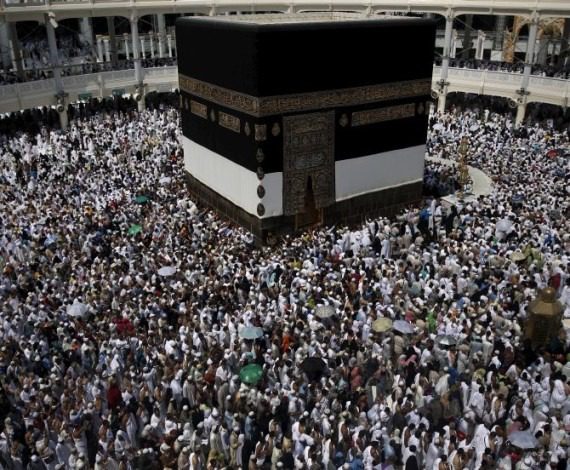National Issues
So What, If Buhari Is Petroleum Minister? -By Johannes Wojuola


Johannes Wojuola
The Nigerian petroleum sector accounts for over 80% of Nigeria’s revenue, consequently being the largest source of our economic dependence. President Buhari’s desire to oversee the affairs of the petroleum industry/sector has seen a series of unfounded attacks on the president’s decision from both legal and moral viewpoints. Nigeria cannot joke with this profound sector. On the other side, it is of significance to note the fact that the petroleum sector accounts for over 60% of our revenue leakages.
It is lucent that the Nigerian petroleum sector has been bereft of prudence and accountability. President Buhari’s consequent decision to put a special eye on this sector by personally overseeing the Ministry of Petroleum is in order. I would not pretend or shelve beneath the carpet the moral and legal argots flying here and there giving credence to or castigating Mr. President’s decision.
It is important that I state here that, in fact, after President Buhari’s expertise in the military sector, the next sector where the president is most proficient is in the petroleum sector. Under Gen. Obasanjo’s military regime, Buhari served as the Federal Commissioner for Petroleum Resources – a similitude of what we have today as the Minister of Petroleum – from March 1976 to June 1978. He also helped in the establishment of the NNPC – where he was the chairman in 1978–and the Kaduna, Port Harcourt and Warri refinery. He also supervised the laying of 3,000km of pipelines around Nigeria. He is credited for having laid the foundation for what we have as the petrochemical industry today.
President Buhari would bring his vast experience from the intimate working relationship he has had with the petroleum sector’s management. And to boot, he would be bringing in his known virtues of integrity, prudence, honesty and honour to see to an effective management of this sector.
Would the president get any emoluments for the role? Obviously not. We must note that the president is the head of Nigeria’s executive and making sure this sector works is part and parcel of the job of the president. This is so whether there is a minister for that ministry or not.
I have seen a few hawk the simplistic argument that every ministry must have a minister, and even going to the length of supporting their point with the constitutional provision of Section 147 of the 1999 Constitution of the Federal Republic of Nigeria as amended. That is a wrong notion to hold. Whereas the proposition of this section of the Constitution is such that the president must appoint ministers who must be one from each state of the federation – at least 36 ministers – it is not in any effect providing to impel the president to designate to each ministry a minister. The prerogative of allocating ministerial portfolios is solely vested in the president by the provisions of Section 5 (1) (a) and Section 148 (1)
Except for mischief, it is clear to the meticulous observer that the overseeing of the Ministry of Petroleum by the president does not in any way mean him taking another office or paid employment. The president is vested with ALL executive powers of the federation by virtue of Section 5 (1) (a) of the 1999 Constitution of the Federal Republic Nigeria as amended.
The same section provides that the exercise of the executive powers of the president may (at the president’s discretion) be exercised by ministers, but in no way precludes the president from the exercise of his executive powers. The petroleum sector is a branch of the executive. And by virtue of this fact the president may decide to oversee this ministry by himself – as he has so chosen.
–Wojuola, a lawyer is editor-in-chief of LOL! magazine




















